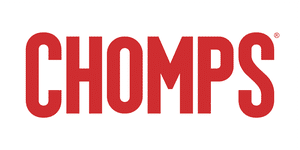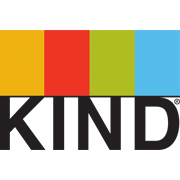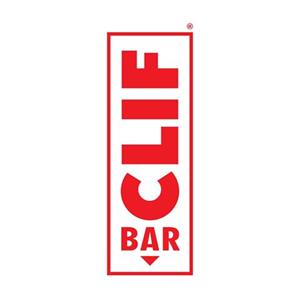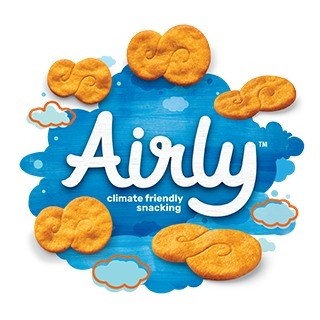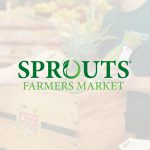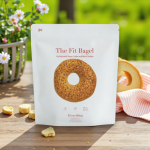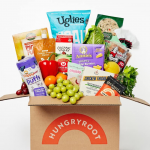2022 Recap: BFY Snacks See Innovation Driven by Sustainability Concerns, Work to Claim “Healthy” On-Pack
Since the onset of the pandemic, wellness and better-for-you attributes continue to play a prominent role in eating trends, and the snack set is no exception.
During a webinar hosted by The Sweets and Snacks Expo earlier this year, experts said that as more and more consumers are reaching for the snack bag during the day they are seeking healthier options. According to IRI data, 45% of consumers have at least three snacks each day, with the same amount reporting they often eat a snack instead of a meal at home.
As evidenced by this year’s stories, snacks are here to stay. Check out the recaps below for highlights from this category.
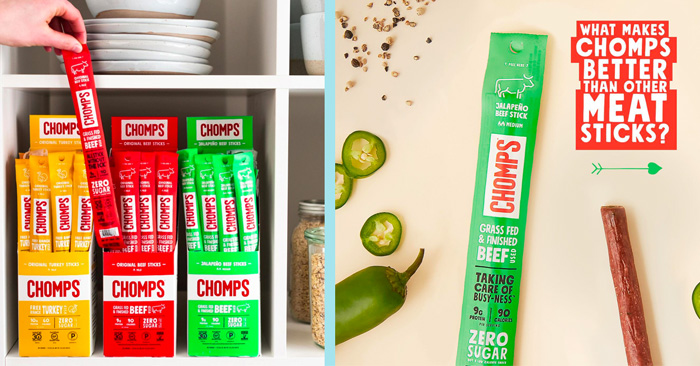
Emerging Savory and Sweet Snack Brands See Sizable Funding Rounds
From savory meat snacks to allergen-friendly cookies and baking mixes, this past year saw plenty of growth capital pouring into emerging snack brands.
In January, Florida-based zero-sugar meat snack maker Chomps kicked off 2022 by securing $80 million in funding from venture firm Stride Consumer after turning down offers for a full buyout. Following the raise, Chomps CEO and co-founder Peter Maldonado told NOSH the brand planned to use the capital to broaden its product assortment and expand into new channels, namely c-stores.
According to National Retail Solutions data cited by CStore Decisions, meat snack sales grew 38.7% in 2021, led by 43.6% growth in meat sticks between July and Sept. 30.
In the back half of 2023, Chomps hopes to challenge category leaders, such as Slim Jim and Jack Links, by partnering with a c-store retailer that can offer a solid brand block.
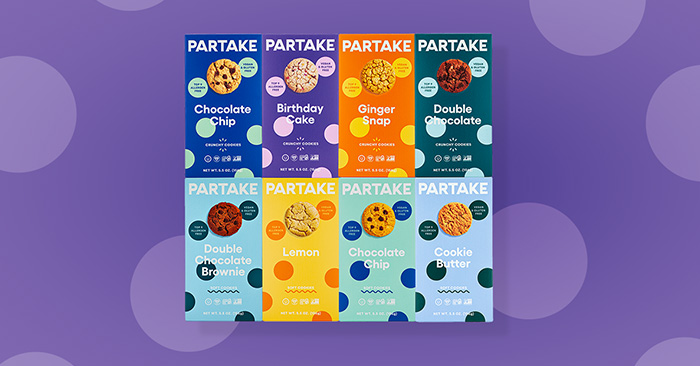
More recently, in November, allergen-friendly bakery brand Partake announced it had raised $11.5 million to expand distribution, continue launching new innovations, grow its team and expand marketing efforts.
The round saw participation from new investors Cleveland Ave’s CAST US Fund, as well as Fearless Fund, Supply Change Capital and Kaya Ventures. Existing partners including Marcy Venture Partners, CircleUp Growth Partners, Black Star Fund FF2032 and Black Capital were also involved.
According to a report from Future Market Insights, the allergy-friendly food category is projected to grow at a CAGR of 8.6% and reach a $108 billion valuation by 2030.
Founded in 2017, the New Jersey-based Partake markets a variety of products including a 8-flavor line of cookies, seasonal items and baking mixes. To date, the brand has raised $19 million and its products are currently available in 9,000 doors nationwide including Whole Foods Market, Walmart, Target, Kroger and Sprouts Farmers Market.
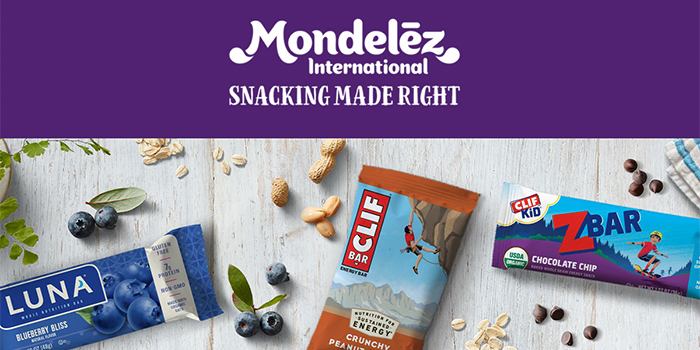
Snack Set Sees High-Profile Acquisitions
The second half of the year saw a major acquisition that positioned global snack giant Mondelēz at the top of the rapidly-growing, saturated U.S. nutrition bar category, which is projected to grow 5% to $16 billion by 2030.
On June 20, Mondelēz announced it had agreed to pay $2.9 billion, with additional contingent earn out consideration, to acquire organic snack bar maker Clif Bar & Company. In terms of dollar sales, Clif is currently the leading bar and is expected to make the food giant a “$1 billion player” under its three banners – CLIF, LUNA and Clif Kids.
CLIF joins a portfolio that also includes refrigerated bar Perfect Snacks, which generated $77 million sales-to-date as of June, according to IRI, and U.K.-based bar brand Grenade, which was acquired last year.
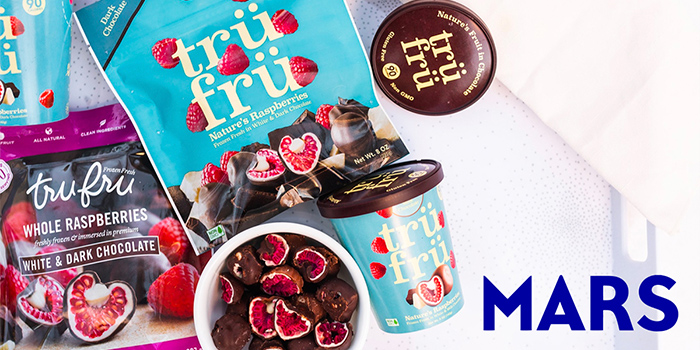
Also noteworthy was Mars’ acquisition of whole fruit snack maker Trü Frü earlier this month. The deal was aimed at helping the company build out its presence in the snacking aisle. Snacking has been a major focus for Mars as of late, highlighted by its acquisition of KIND in 2020 which in turn acquired soft-baked bar brand Nature’s Bakery later that year.
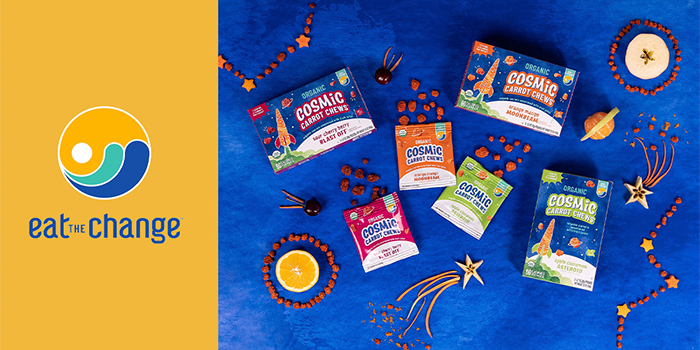
Consumer Demand for Sustainability Drives Innovation
Across the snack set, heightened consumer demand for climate-friendly and sustainably-focused foods fueled multiple innovations and certifications over the course of 2022.
In March, entrepreneur Seth Goldman announced he was taking on kids snacks with his company, Eat the Change, launching Cosmic Carrot Chews, a line of plant-based snacks targeted at younger consumers. The organic chews are made primarily of dehydrated carrots and were designed to serve as a better-for-you alternative to traditional gummy snacks.
According to Goldman, the vegetable was selected as the base of the gummies not only for its chewy texture and sweeter taste profile, but also because it only requires 23 gallons of water to produce one pound while soybeans require 257 gallons of water per pound.
Offered in three flavors – Sour Cherry Berry Blast Off, Orange Mango Moon Beam and Apple Cinnamon Asteroid – each pack of chews contains 60 calories. The chews are currently available in about 700 doors nationwide, including Whole Foods’ Mid-Atlantic region, MOM’s Organic Market, Erewhon and Hy-Vee.
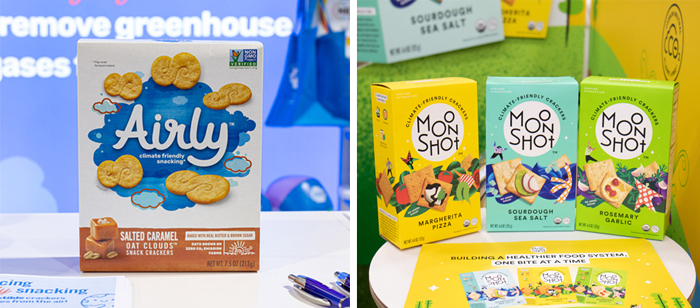
Sustainability was also a major theme at Natural Products Expo East in September, with Quinn Snacks and Airly debuting new products that showcased their reduced carbon footprint.
At the show, Colorado-based Quinn ushered in the launch of a new climate certification program developed by independent research HowGood with the new badge slated to roll out on the brands’ products in 2023. HowGood’s Climate Friendly Badge indicates that a brand has a greenhouse gas footprint lower than 70% of all products assessed by the organization.
Though Airly has been operating in the carbon neutral space for a few years now, it introduced two new flavors of its climate-friendly crackers at Expo East: Butter and Cinnamon. According to co-founders Jennifer McNight and Mark Izzo, the brand’s top priority is not a certification but rather the on-pack carbon capture graphics.
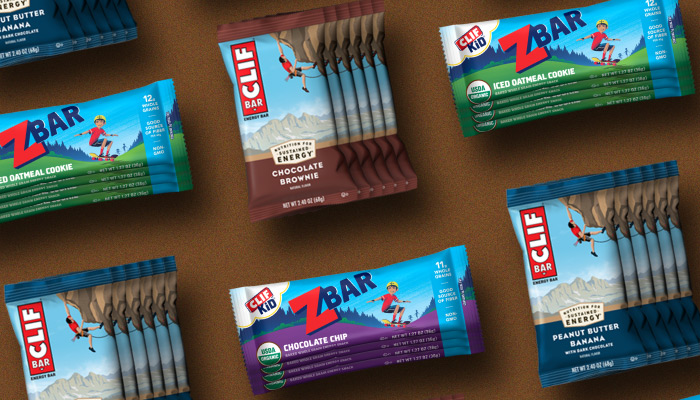
Bar Brands Land in Court as FDA Works to Define “Healthy” On-Pack
In 2022, several bar brands found themselves in the courtroom for “healthy” and “all-natural” claims made on-pack as the FDA continues its efforts to define
In June, The Clif Bar Company reached a $10.5 million settlement agreement in a class action suit alleging the brand misleadingly labeled its Clif Kid ZBars and “Classic” Clif Bars to convey messages of health and wellness despite the fact 37% of the products’ calories come from added sugar.
The settlement indicated that the two parties may have found some common ground based on the FDA’s current recommendations around added sugar. In September, the agency announced it was one step closer to finalizing a definition for the word “healthy” for use on food and beverage packaging. Its recently proposed rule aims to align the term’s regulatory definition with modern nutritional science, the Nutrition Facts label and the current Dietary Guidelines for Americans.
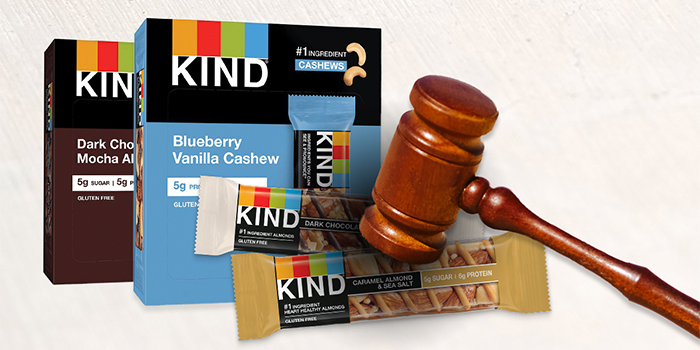
Also in September, a New York federal court judge sided with KIND by decertifying the three classes from Florida, California and New York in a suit that alleged the “all-natural” claims on the brand’s snack bars deceived consumers. The series of class actions had been filed in 2015 shortly after the FDA warned the snack bar brand to remove the term “healthy” from its packaging, as the products did not meet the agency’s saturated fat content requirements.
Both suits have sparked a debate within the food industry around what claims like “healthy” and “natural” mean in a regulatory sense compared to what they imply to consumers.
Under the FDA’s new regulation, to be labeled “healthy,” a food or beverage must contain “a certain meaningful amount” of at least one nutrient dense food group or subgroup, per the recommendations of the Dietary Guidelines. The parameters around each “meaningful amount” is specific to each food group or subgroup. According to the organization, only 5% of all packaged food is currently labeled “healthy” under the new requirements.
